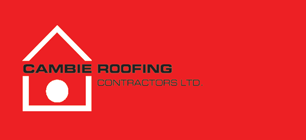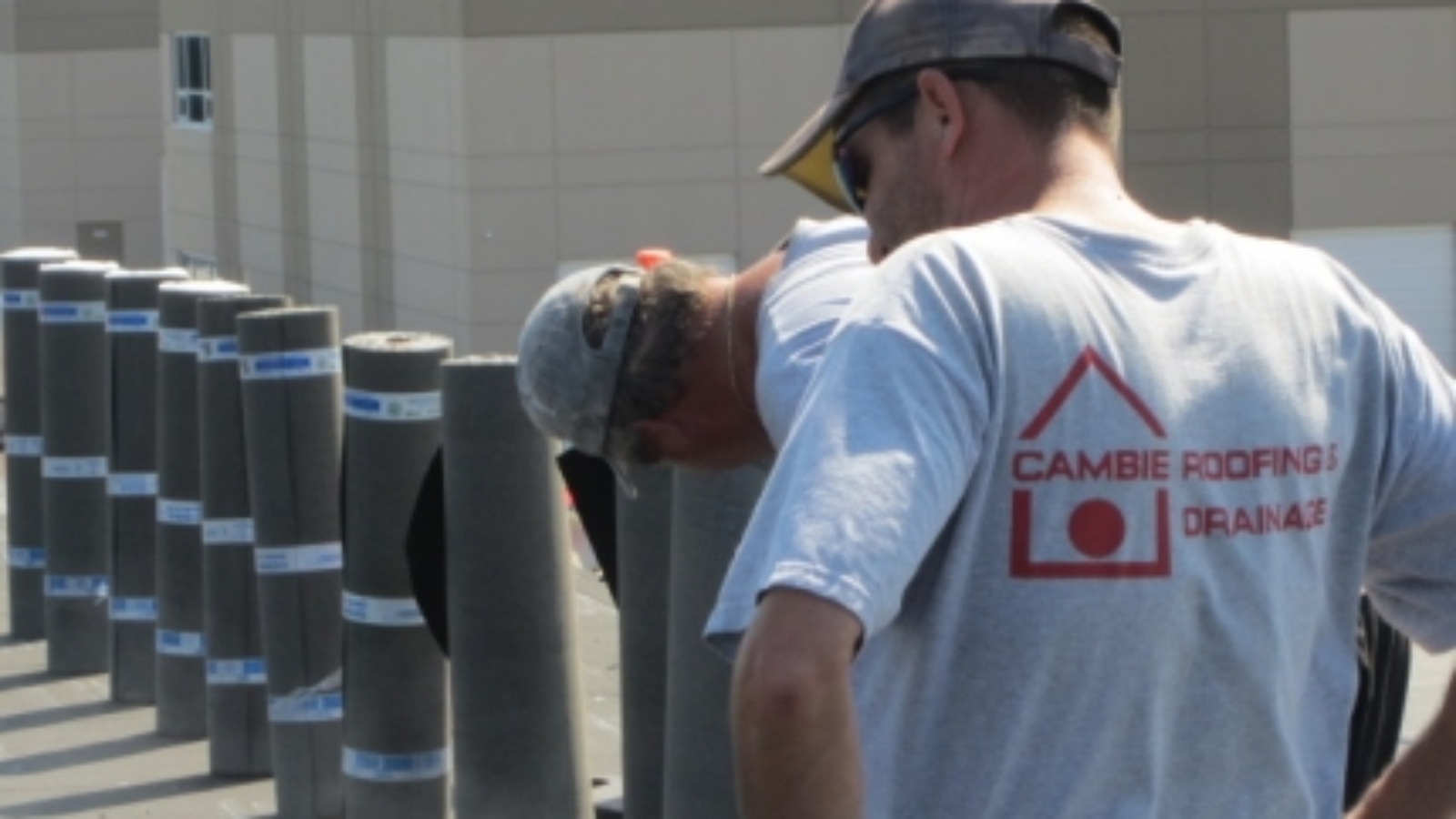Licensed roofing: do roofers need to be licensed?
If you’re looking to hire a roofer or roofing company, it’s critical to choose one that is properly trained. Whether you wish to have your roof inspected after a rain storm or your roof is in need of repairs because of old age, it is essential that you choose a qualified, licensed roofing contractor. This is because roof work can be dangerous. If an unqualified person works on your roof, he made do more harm than good, and can cost far more money than you initially agreed upon. In addition, if he’s not licensed and insured, you could be liable is he’s injured on the job.
Residential builders must obtain a building permit in B.C. Additionally, they must provide home warranties covering the building. Even if municipalities don’t require the builder to be licensed, they still need to arrange a home warranty for the build.
Hiring any Licensed Residential Builder in B.C. gives homeowners an advantage if they build new homes. Licensed Roofing builders are covered by mandatory warranty insurance. This warranty is attached to the home itself, and can last even if you end up selling your home.
The warranty can cover:
- labour and materials
- building envelope
- roofing structure
Do Your Due Diligence
You can check to see if the builder you intend on hiring is in good standing with the Better Business Bureau and Public Registry of Residential Builders. The Licensed Residential builder is responsible for making sure their sub/contractors are properly licensed up to provincial standards as well.
It is the residential builder’s responsibility to make sure their electricians and plumbers are properly licensed.
Once you have chosen a licensed Roofing Expert, make inquiries about his reputation. Listen to the recommendations of your friends and family members. If you need complex, skilled work done, ask the roofer for previous job locations and visit them. See what condition the repairs are in and ask the homeowners what they think about the quality of the work.
If you’re having a new roof put on, the roofer should always provide a warranty. If you need a small section repaired, discuss warranty options with the contractor. Also, make sure to get a contract in writing that specifies all the costs involved. Aside from labor and material costs, make sure that the contract includes cleanup. You don’t want to be left with a dirty yard when the roofing work is done, and have to call a landscaper just to put things back in order. Because your roof is so important, you shouldn’t cut corners when selecting a contractor. Always hire a licensed Roofing professional, and be sure to ask around about his reputation and past jobs.
Education and Certification
In British Columbia, tradespeople can attend a variety of educational institutions to learn their trades. Only designated training providers can issue Industry Trade Authority (ITA) credits.
Regulated trades are monitored for consumer protection to ensure health and safety. In order to perform work in a regulated trade, the worker must be a registered apprentice with the ITA, hold a Certificate of Qualification, or be licensed for their regulatory trade.
However, uncertified individuals who have extensive experience in the field can take a Challenge Exam. This exam tests the individual’s knowledge, and provides them with a proper certification if they pass the exam. Challenge exams allow tradespeople to bypass full programs if they have sufficient knowledge of their trade.
The Red Seal certifies highly skilled tradespeople to work across Canada, no matter where they learned their trade. This certification requires additional fees and testing.
B.C. has three labour protections that enable labourers to work throughout the country once they are certified so they can get jobs anywhere in Canada. These labour protections are called Mutual Recognition Qualifications, meaning that the ITA recognizes certifications across other jurisdictions in Canadian Provinces and Territories, and vice-versa. Mutual Recognition only recognizes labourers who are in good standing with their respective governing trade authorities, and who are sufficiently qualified for their occupation in their own province without significant additional training.
You Must Check References
You may have a roofer in mind for the job, but you should ask for – and contact – at least three references. These are people who have personally hired and dealt with the contractor.
Ask the contractor for references from a current, recently completed and past project, so that any problems with the quality of the work may be caught. If the contractor refuses to provide references, do not hire them.
When you contact the references, ask each if:
- they would hire this roofing contractor again
- the job come in on budget and if not, why not
- their home or personal property was damaged during the project, or if workers were careless
- the workers wore safety protection equipment and was safe on the job
As a homeowner and consumer, you should ask the contractor about the business’s health and safety practices. You’ll want to make sure that each roofer that will be up on your roof is trained to work safely and will be wearing fall protection equipment.
Do not hire a contractor who cannot confirm whether they have trained and equipped their workers properly. Since April 1, 2017, all roofing contractors must have a working at heights training card, which proves they’ve been trained to work safely at heights.
Create A Contract
You have consumer rights under B.C’s Consumer Protection Act which covers all home renovations and repairs, including roofing. This law states when you and the contractor sign a roofing contract worth $50 or more in your home, you have the right to a cooling-off period of 10 calendar days. A contract signed in your home is an agreement under the Consumer Protection Act. During those 10 days, you can cancel the contract for any reason without having to pay any cancellation fees.
If you hire a contractor and they start working during the 10-day cooling-off period, you can still cancel the contract but you’ll be responsible for paying for any work performed.
Conclusion
If you have any questions about roofing and a company’s license don’t hesitate to contact us Cambie Roofing. We are more than willing to help you out with fixing, repairing, or building you a new roof.
Originally published August 2018.
Updated and republished July 2023.

